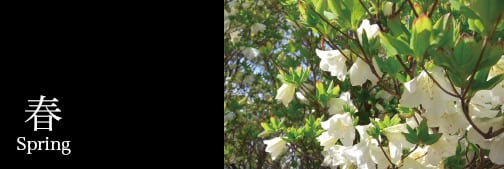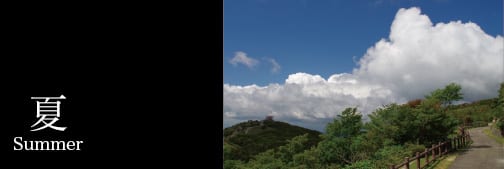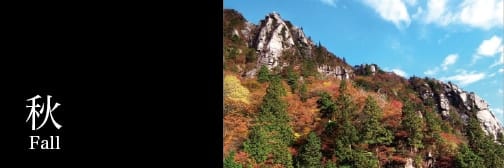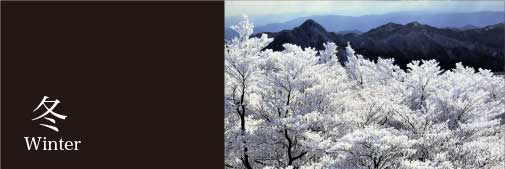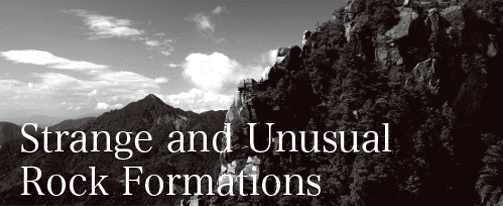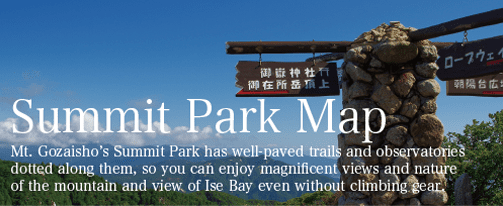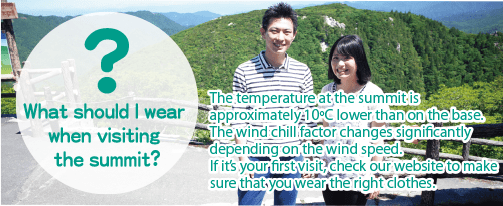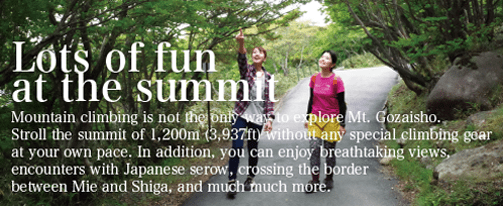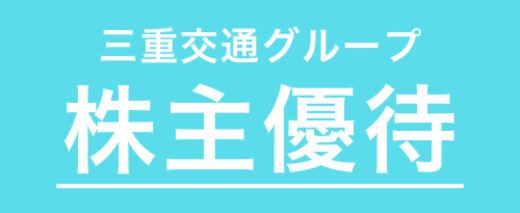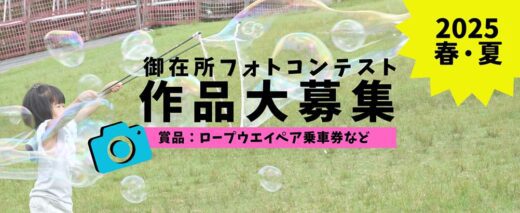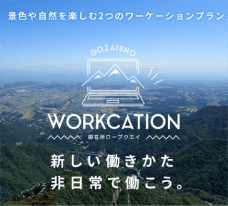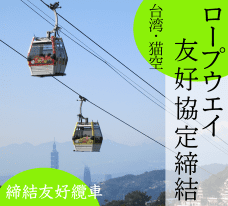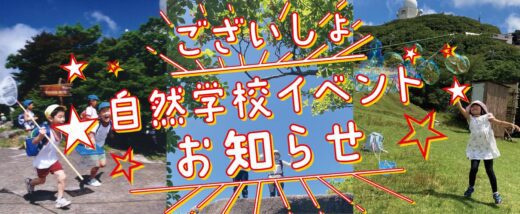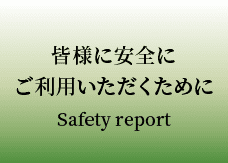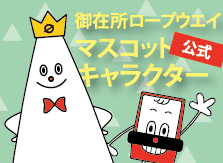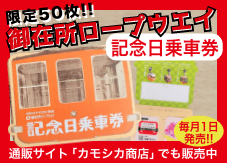Mt. Gozaisho and Yunoyama Onsen Hot Springs are among the areas that experience the heaviest snowfall in Mie. Take a ride up the mountain on a ropeway gondola and you will find the whole area transformed into a winter wonderland.
On the lower plains it is hard to imagine how cold it is at the summit, so please dress warmly. We offer a gondola ride at night only in winter. Enjoy the glittering night views that can rarely be seen. At the summit, you can also enjoy various winter sports such as skiing, sledding and snowshoeing in the Mie’s only ski resort.
What to See in Winter
Juhyou (ice coatings on trees) Beautiful creations of nature in a winter wonderland
Places you can see juhyo

Chouyoudai Square
walking paths
around Summit Station
※Please note that you may not be able to see juhyou due to weather conditions.
See the Map of Mt. Gozaisho’s Summit Park
Conditions when juhyou form
- Water vapor (humidity)
- Strong winds
- Temperatures at or below 0ºC or 32ºF (freezing point)
How are juhyou formed?
- Juhyou form from water vapor (humidity). They cannot form without moisture. That is why water vapor (humidity) listed in ➀ above is necessary.
- Juhyou is formed from water vapor (humidity) when it attaches to the tree. However, water vapor floating in the air does not usually attach to trees. That is why strong wind listed in ② above is necessary.
- Juhyou are ice made of frozen water vapor (humidity), so if the temperature is high, it naturally does not freeze. That is why temperatures below freezing point listed in ③ above are necessary to freeze water vapor (humidity) listed in ➀ attached to the trees by the wind listed in ②.
As explained above, when all the three conditions are met, wind helps water vapor (humidity) attach to the tree, where it freezes. As this process is repeated, the grains of ice become larger and larger. Then, they extend in the direction that the wind is blowing and grow even more.

